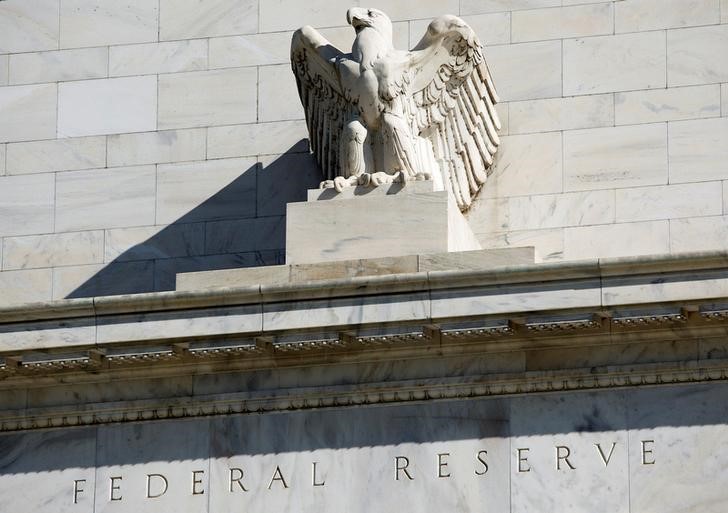By Karin Strohecker
LONDON (Reuters) - A renewed flare-up of tensions between Pyongyang and Washington put emerging markets on track for weekly losses, adding to falls caused by a repricing of U.S. interest rate expectations and higher Treasury yields.
North Korea said it might test a hydrogen bomb over the Pacific Ocean with leader Kim Jong Un promising to make a "mentally deranged" U.S. President Donald Trump pay for his threats to destroy the country.
On Wednesday, the U.S. Federal Reserve confirmed it would reverse its stimulus program from next month and stick to its plan to raise rates, sending U.S. yields to five-week highs, around 20 basis points higher on the week.
South Korea's won
South Africa's rand
Markets are still digesting Wednesday's Fed meeting, which took knocked some steam out of emerging markets. Cristian Maggio, a strategist at TD Securities, said that, while emerging local currency debt would be competing with higher U.S. yields, the sector would also benefit from falling inflation and rate cuts at home.
JPMorgan's GBI-EM index of local debt recently saw yields fall below 6 percent to three-year lows, and they have risen only slightly this week despite the U.S. Treasury moves.
"The Fed outlook is at the margin putting slight pressure, but markets have taken the Fed reading in an extremely dovish way," said Maggio.
"The impact on emerging market yields should be negative, but it's hard to say how much because in most countries you have low inflation - so there are two opposite forces here."
However, the average spreads of emerging market dollar bond yields over U.S. Treasuries on the JPMorgan (NYSE:JPM) EMBI Global Diversified index <.JPMEGR> rose, and were up five basis points since touching three-year lows on Monday.
Emerging stocks also suffered, dragged down by Asian bourses (TWII) (KS11). The MSCI index (MSCIEF) extended losses to fall 0.5 percent - the steepest daily decline in nearly three weeks.
In Russia, rouble stocks (MCX) were on track for weekly losses after four weeks of gains, with financial stocks weighing heavily (MICEXFNL).
Russia's financial sector is under pressure after authorities came to the aid of private lender B&N Bank - the second private bank rescue in less than a month. The move has raised questions about the stability of a banking sector buffeted by an economic downturn and Western sanctions.
South Africa's local bond yields recovered slightly after hitting three-week highs on Thursday when the central bank unexpectedly refrained from cutting interest rates
For a GRAPHIC on emerging market FX performance 2017, see http://tmsnrt.rs/2e7eoml

For a GRAPHIC on MSCI emerging index performance 2017, see http://tmsnrt.rs/2dZbdP5